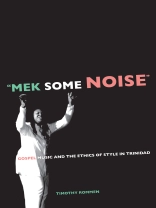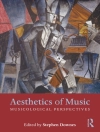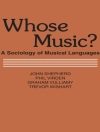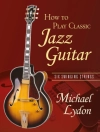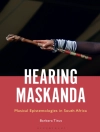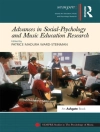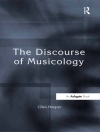‘Mek Some Noise’, Timothy Rommen’s ethnographic study of Trinidadian gospel music, engages the multiple musical styles circulating in the nation’s Full Gospel community and illustrates the carefully negotiated and contested spaces that they occupy in relationship to questions of identity. By exploring gospelypso, jamoo (‘Jehovah’s music’), gospel dancehall, and North American gospel music, along with the discourses that surround performances in these styles, he illustrates the extent to which value, meaning, and appropriateness are continually circumscribed and reinterpreted in the process of coming to terms with what it looks and sounds like to be a Full Gospel believer in Trinidad. The local, regional, and transnational implications of these musical styles, moreover, are read in relationship to their impact on belief (and vice versa), revealing the particularly nuanced poetics of conviction that drive both apologists and detractors of these styles.
Rommen sets his investigation against a concisely drawn, richly historical narrative and introduces a theoretical approach which he calls the ‘ethics of style’—a model that privileges the convictions embedded in this context and that emphasizes their role in shaping the terms upon which identity is continually being constructed in Trinidad. The result is an extended meditation on the convictions that lie behind the creation and reception of style in Full Gospel Trinidad.
Copub: Center for Black Music Research
Cuprins
List of Illustrations
Acknowledgments
Introduction
1. Music, Memory, and Identity in Full Gospel Trinidad
2. The Ethics of Style
3. Nationalism and the Soul: Gospelypso as Independence
4. Transnational Dreams, Global Desires: North America as Sound
5. Regionalisms: Performances beyond a Boundary
6. Jehovah’s Music: Jammin’ at the Margins of Trinidadian Gospel Music
7. Reenvisioning Ethics, Revisiting Style
Epilogue
Notes
Selected Bibliography
Index
Despre autor
Timothy Rommen is Assistant Professor of Ethnomusicology at the University of Pennsylvania.
